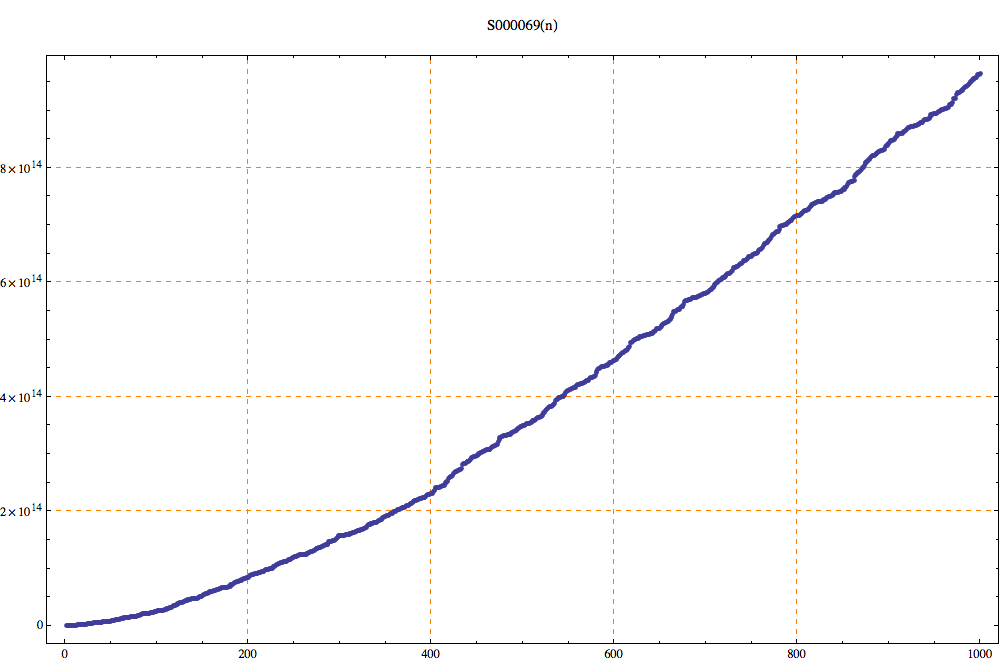First number of 5 consecutive twin prime pairs whose first numbers differ by 36 or less.
3, 5, 39713433671, 66419473031, 71525244611, 286371985811, 480612532451, 535181743301, 789972743471, 1195575264641, 1219449947921, 1256522812841, 1292207447351, 1351477467251, 1450982599271, 1460592638171, 1515361442261, 1592346154541, 1608037625861
1
Only the first quintuple has the first and last pair that differ by less than 36. For numbers beyond 5, a C++ program was used. The first large primes are 39713433671 + {0, 2, 6, 8, 18, 20, 30, 32, 36, 38}. Surprisingly, each set of 5 twin primes greater than 5 has this same form and there are no additional primes between the sets of twin primes.
These are termed Hargrave primes. See the website below, which details how thousands of these numbers were computed.
T. D. Noe, Plot of 1000 terms (using data from Ballard)
T. D. Noe, Table of 1000 Terms (using data from Ballard)
D. La Pierre Ballard, Hargrave Primes, twin prime clusters with 5 twins in 39 numbers
(Mma) nextTwin[p_] := Module[{p1, p2}, p1 = NextPrime[p]; While[p2 = NextPrime[p1]; p2 != p1 + 2, p1 = p2]; p1]; p = 1; tw = Table[p = nextTwin[p], {5}]; t = {}; Do[If[tw[[-1]] - tw[[1]] <= 36, AppendTo[t, tw[[1]]]]; p = nextTwin[p]; tw = Append[Rest[tw], p], {1000000}]; t
Cf. A007530 (first number of a pair of twin primes differing by 6).
Cf. S000067, S000068, S000070, S000105 (3, 4, 6, and 7 twin primes).
nonn,hard,nice
T. D. Noe, Jun 01 2014
